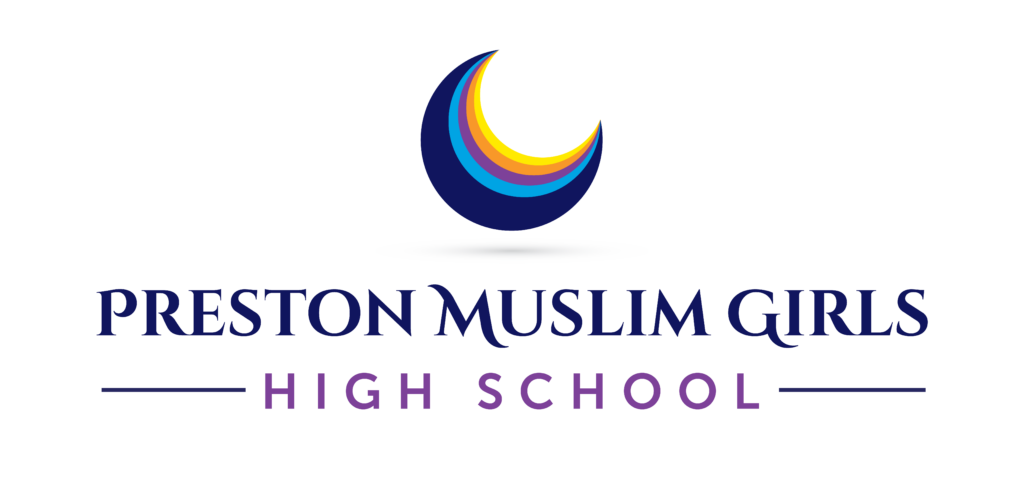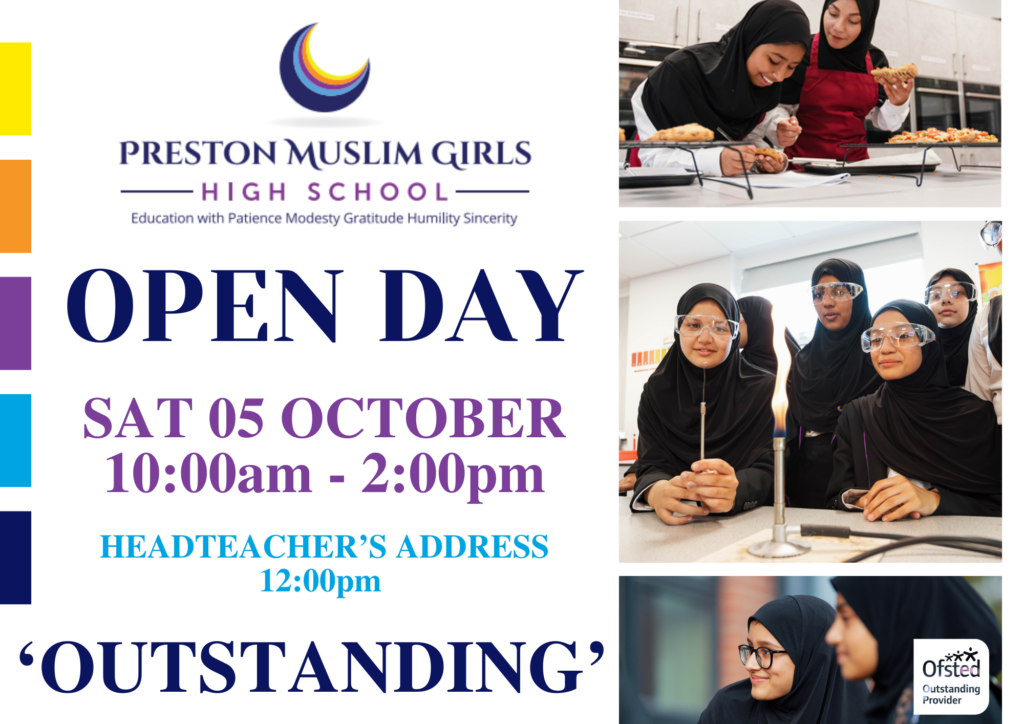The PMGHS Curriculum Model 2022-24:
Our curriculum is designed to nurture pupils’ spiritual, moral, social, cultural, physical, and intellectual development; creating a desire and eagerness in all pupils to learn, regardless of their strengths or needs. Our curriculum emphasises the importance of developing essential and sequential knowledge and skills and focuses on learning and progress. We wish to best prepare our pupils for the pathways that lead to university, the professions, apprenticeships and success in whatever further study or career they eventually choose. The curriculum is intended to make the best of our pupils, leading them to achieve outstanding results, which in turn increases their chances of being successful in higher education and employment.
The curriculum must also reflect national policy and priorities, thus our pupils study courses that lead to the English Baccalaureate accreditation. All pupils study statutory ICT and Creative I media at Key stage 4 which also empowers our pupils to be technologically adept in a society which demands it. Furthermore, in line with the school ethos, all pupils study Religious Studies in Key Stages 3 and 4.
The key principles of literacy, numeracy, spiritual, moral, social and cultural awareness are a planned part of our curriculum from Y7 – 11. All students are given opportunities to read, and we embed reading across the whole curriculum.
Finally, the curriculum is enhanced through a wide range of enrichment activities which happen through visits, events, clubs, external workshops, careers programmes, work experience, visiting speakers and fundraising, which includes work with the local community, for both local and national charities. Our broad and varied enrichment offer ensures that all our pupils have the best possible learning experience – one that they will treasure for life.
As a gateway to opportunities, our curriculum is tailored to provide a rich learning experience for all our pupils, delivered through a broad and balanced range of subjects which pupils study and a wide variety of additional experiences that they take part in to enhance their cultural capital.
Our curriculum model features 28 lessons per week, with 6 lessons each day on Monday to Thursday and 4 lessons on Friday. Each lesson is 50 minutes in length. This model encourages pace and challenge in lessons, as well as providing the framework for a diverse and balanced curriculum offer for all our pupils. We have 5 tutorial sessions of 20 minutes which take place on Monday to Thursday and 15 minutes on Friday, led by the form tutor, which embraces fundamental British values and provides a structured approach to spirituality and other pastoral commitments. All our pupils study PRSHE in both key stage 3 and 4. Furthermore, we deliver a pastoral and careers curriculum to support all our students in their development. In both key stages there is an opportunity to engage in school enrichment/booster lessons which usually last for 40 minutes. Additionally, extra learning classes are offered to provide additional support for GCSE pupils.
Key Stage 3:
At PMGHS we focus on developing literacy skills early, through the curriculum and intervention to ensure students can access the wider curriculum and achieve success as they progress through school. Our enquiry-based curriculum in key stage 3 has a major focus on literacy, oracy and skills for learning. We strengthen learning through a culture of reading, which is embedded in our curriculum, and foster an enjoyment of reading across the school. Our curriculum meets all statutory requirements and includes English, Maths, Science, MFL, Design Technology, PE, Drama, Music through Nasheed and statutory ICT. In order to allow for a greater breadth of study we have introduced a three-year KS3 with the options programme now occurring at the end of Y9. MFL Options continue to be chosen at the end of year 7 to allow for greater curriculum coverage.
Below is the weekly allocation of periods for each subject. All pupils follow this curriculum in Years 7, 8 and 9 with some pupils having additional English and Maths delivered as part of a nurture group.
Subject | Year 7 | Year 8 | Year 9 |
English | 4 | 4 | 5 |
Maths | 5 | 5 | 5 |
Geography | 2 | 2 | 2 |
History | 2 | 2 | 2 |
Computer Science/FPN | 2 | 2 | 2 |
PE | 2 | 2 | 1 |
Religious Studies | 1 | 1 | 1 |
Science | 4 | 5 | 5 |
Nasheed/ Drama | 1 | 1 | 1 |
Design and Technology / Art | 2 | 2 | 2 |
Arabic | 1 | 2 | 2 |
Urdu | 1 | 2 | 2 |
French | 1 | 2 | 2 |
PSHE / Personal Dev. | On rotation | On rotation | On rotation |
Total | 28 | 28 | 28 |
Total | 28 | 28 | 28 |
Year 7 Nurture Group:
A “nurture group” will continue to run in Year 7 for our least able pupils. Pupils are taught English and Maths by experienced teachers with SEN expertise. Pupils have specialist teachers for the remaining subjects. These pupils are also supported by Teaching Assistants.
The aim of this approach is to up-skill pupils as much as possible in Year 7 to enable them to be as prepared as possible with the demands of Year 8 and 9.
Year 9 Option Choices:
It is our intention almost all pupils will follow a curriculum that will include all Ebacc subjects and that they have access to a broad and balanced curriculum. Therefore, the options choices are structured around ensuring a language choice and a humanities choice before a wider subject choice is offered to pupils. All pupils will study a core curriculum which consists of:
- English
- Mathematics
- Science (EITHER separate sciences of Biology, Physics and Chemistry OR Combined Science)
- PE
- RS
At the end of Year 9, with support from teachers and parents, pupils will make their options choices. The curriculum is re-assessed and individually tailored, when necessary, to meet the needs of pupils who are unable to access the broader curriculum offer. Pupil Options choices are below:
Option 1 | Option 2 | Option 3 |
Any ONE from: Arabic | Any ONE from: Geography | Any ONE from: Art and Design Business Studies Computer Science |
The options process takes place in the second half of spring term and all choices are confirmed by letter, to the parents of pupils, at the start of the summer term.
Key Stage 4 (Years 10, and 11):
The majority of pupils are guided towards a pathway which is most suited to their academic ability and which provides a breadth of study and equips them well for applying for post-16 study. This gives pupils access to the suite of GCSE and Btec subjects that make up the English Baccalaureate measure; English, Maths, two Sciences, a Modern Foreign Language, and Geography or History. We recognise the importance of this combination of subjects and its influence with post-16 providers and the foundation it provides for further and higher education. A very small number of pupils, for whom this pathway is inappropriate, will have a bespoke curriculum that may involve a reduced number of subjects studied and qualifications achieved, possibly including some non-GCSE choices for core subjects and options choices.
Subjects | Yr10 | Yr11 |
GCSE Maths | 5 | 5 |
GCSE English Language and English Literature | 5 | 5 |
GCSE Geography | 3 | 3 |
GCSE History | 3 | 3 |
PE Core | 1 | 1 |
GCSE Religious Studies | 2 | 2 |
GCSE Science, dual award or triple sciences | 6 | 6 |
GCSE Computer Science | 3 | 3 |
Btec Sports Studies | 3 | 3 |
GCSE Textiles | 3 | 3 |
GCSE DT Food Preparation and Nutrition | 3 | 3 |
GCSE Art and Design | 3 | 3 |
BTEC Health and Social Care | 3 | 3 |
GCSE Business Studies | 3 | 3 |
GCSE Arabic | 3 | 3 |
GCSE Urdu | 3 | 3 |
GCSE French | 3 | 3 |
Total | 28 | 28 |
If you require any information regarding curriculum, ` please contact the school at info@pmghs.com.

